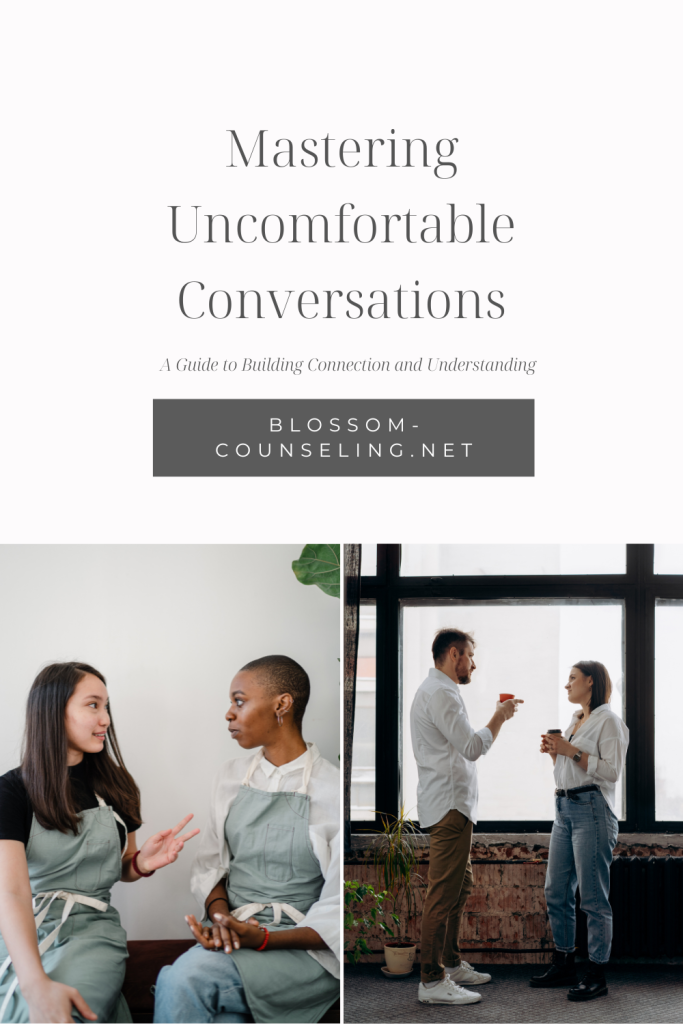
Imagine life as a movie where you’re the main character. The spotlight shines on you; your triumphs and trials unfold with cinematic grandeur. This might sound like a dream, but when pushed to extremes, it encapsulates what’s come to be known as Main Character Syndrome (MCS). This intriguing psychological concept has gained traction, especially among younger generations, through social media platforms.
What is Main Character Syndrome?
Main Character Syndrome isn’t an official diagnosis but a cultural phenomenon where individuals see themselves as the central figure in their life stories, often at the expense of not fully acknowledging the complexity and richness of the lives around them. It’s like wearing a pair of protagonist-colored glasses, interpreting every event around you as part of your personal narrative arc.
The Role of Social Media in MCS
Social media platforms, where users curate content that highlights moments from their lives, inadvertently encourage MCS. Through Instagram stories, TikTok videos, and Facebook posts, ordinary moments are often dramatized or romanticized, making one’s daily life appear more cinematic. The feedback loop of likes and comments can reinforce the feeling that one’s life is a show being watched by an audience.
The Good and The Not-So-Good
Having MCS isn’t entirely negative. On the plus side, it can encourage individuals to live more intentionally, making choices that align with their values and aspirations. It can spur a person to seek personal growth and to narrate their life story in a way that emphasizes resilience and heroism.
However, the downsides of MCS can affect personal relationships and mental health. Viewing oneself as the ‘main character’ can sometimes lead to narcissistic tendencies where other people are merely ‘supporting characters’. This perspective might hinder empathy and reduce the depth of interpersonal connections.
Finding the Balance
Balancing the ‘main character’ mindset involves embracing a more communal narrative. Recognize that everyone is the main character in their own right, with rich inner lives and stories just as compelling as yours. Practicing active listening and empathy can help shift the focus from a self-centered narrative to a more inclusive one.
Mindfulness and Reflection
Mindfulness can ground individuals who feel caught up in their protagonist role. It encourages living in the moment rather than performing for an unseen audience. Reflective practices like journaling can help individuals understand their motivations and reshape their narratives in healthier, more grounded ways.
While it’s fun to imagine ourselves as the stars of our own movies, real life is more ensemble cast than solo performance. Everyone has a unique story, and recognizing the value in each person’s narrative enriches not only our own lives but also our communities. Embracing this can transform how we view ourselves and interact with the world, ensuring our story is one of connection, growth, and mutual respect.
|
|
Our team of compassionate therapists is here to help you find the support you need. We believe in a holistic approach, treating your mind, body, and spirit. With a blend of traditional and alternative therapies, we tailor your experience to meet your unique needs. At Blossom, we create a non-judgmental space where you can be your authentic self. Our goal is to empower you, amplify your strengths, and help you create lasting change. Together, we’ll navigate life’s challenges and help you bloom, grow, blossom! You deserve to become the best version of you.




